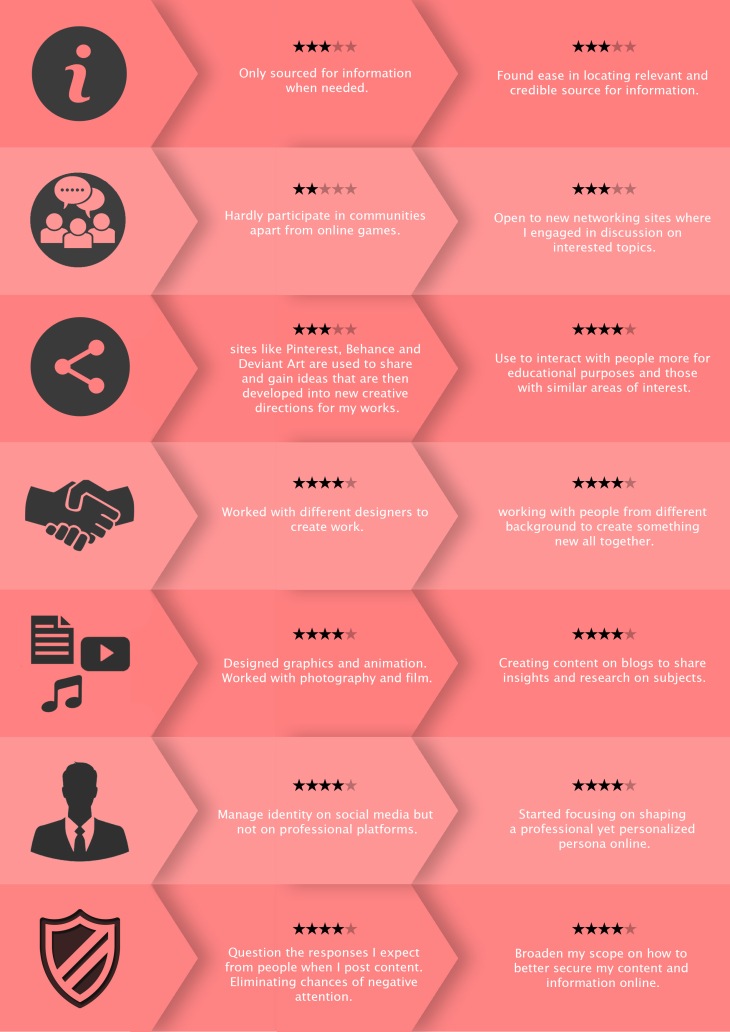
This is not the end.
Living on the web opened my eyes to what the internet really had to offer. It wouldn’t have crossed my mind to leverage the use of internet to promote myself, yet I felt ashamed that I have been using Internet merely for entertainment and personal engagement on social media.
Although it is self-evident how much of the internet could be manipulated.
Continue reading →








